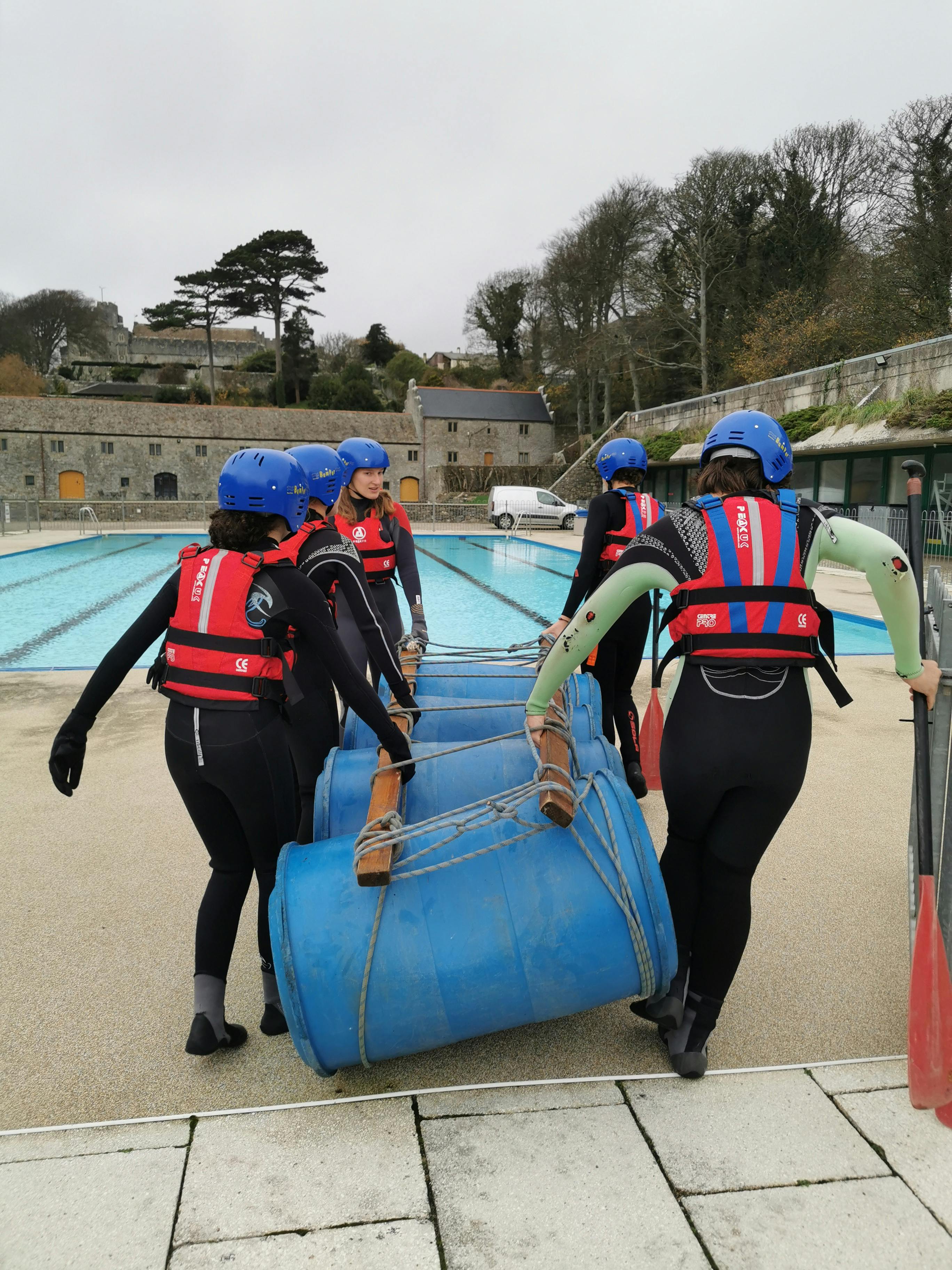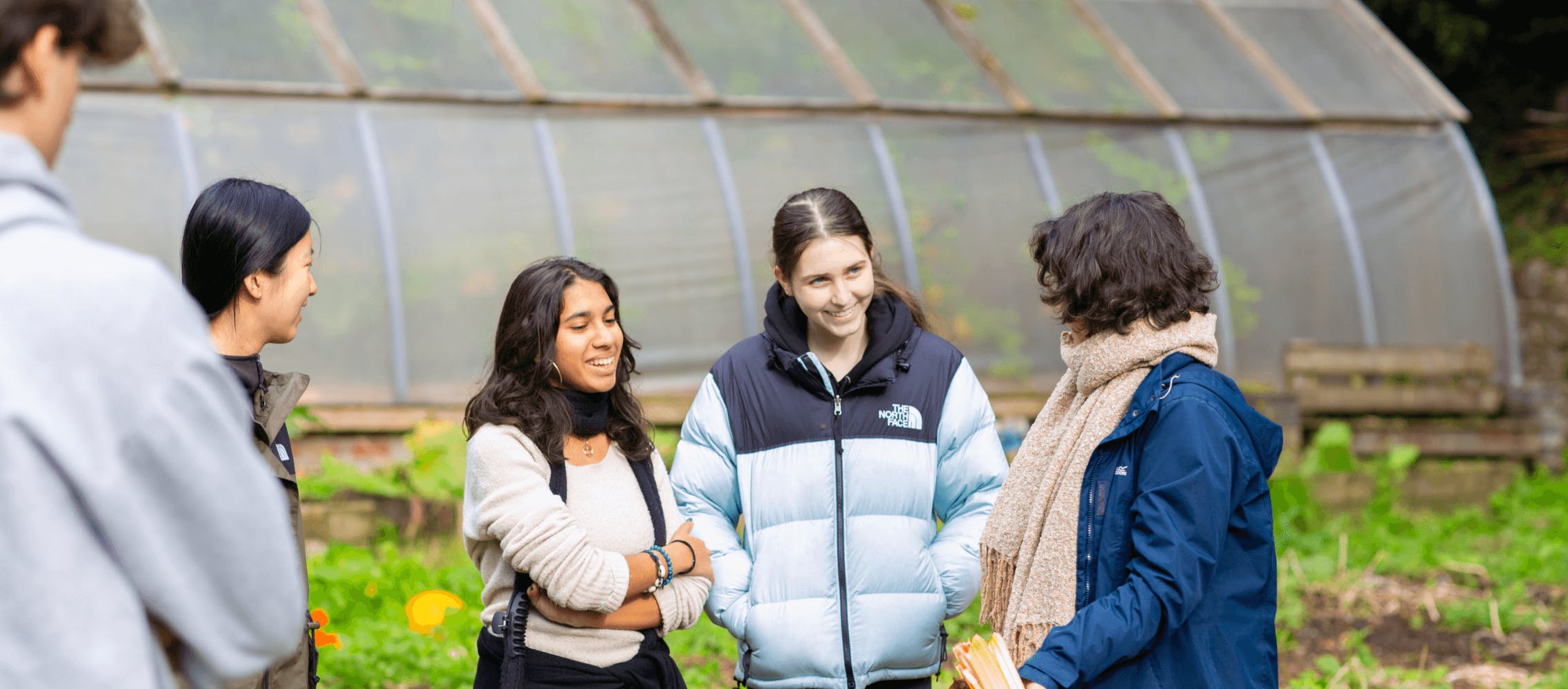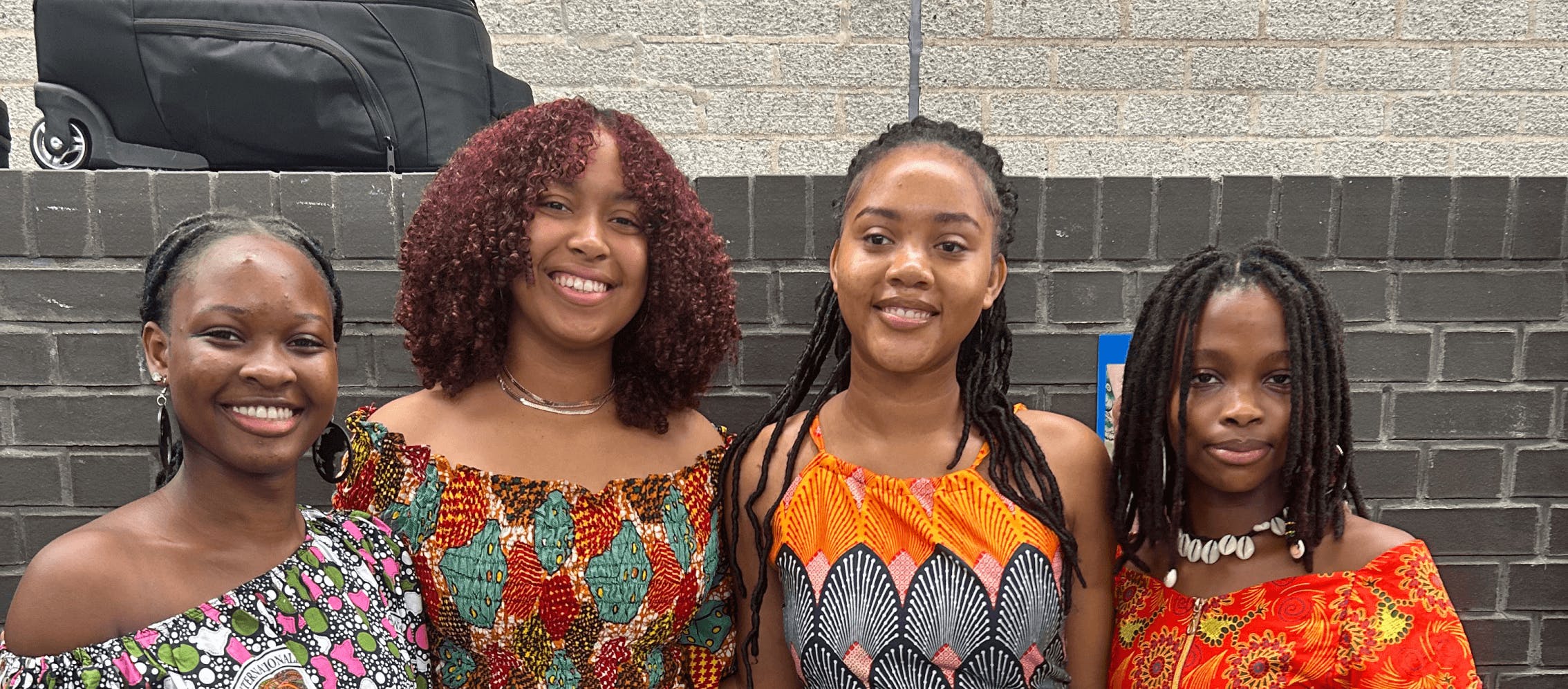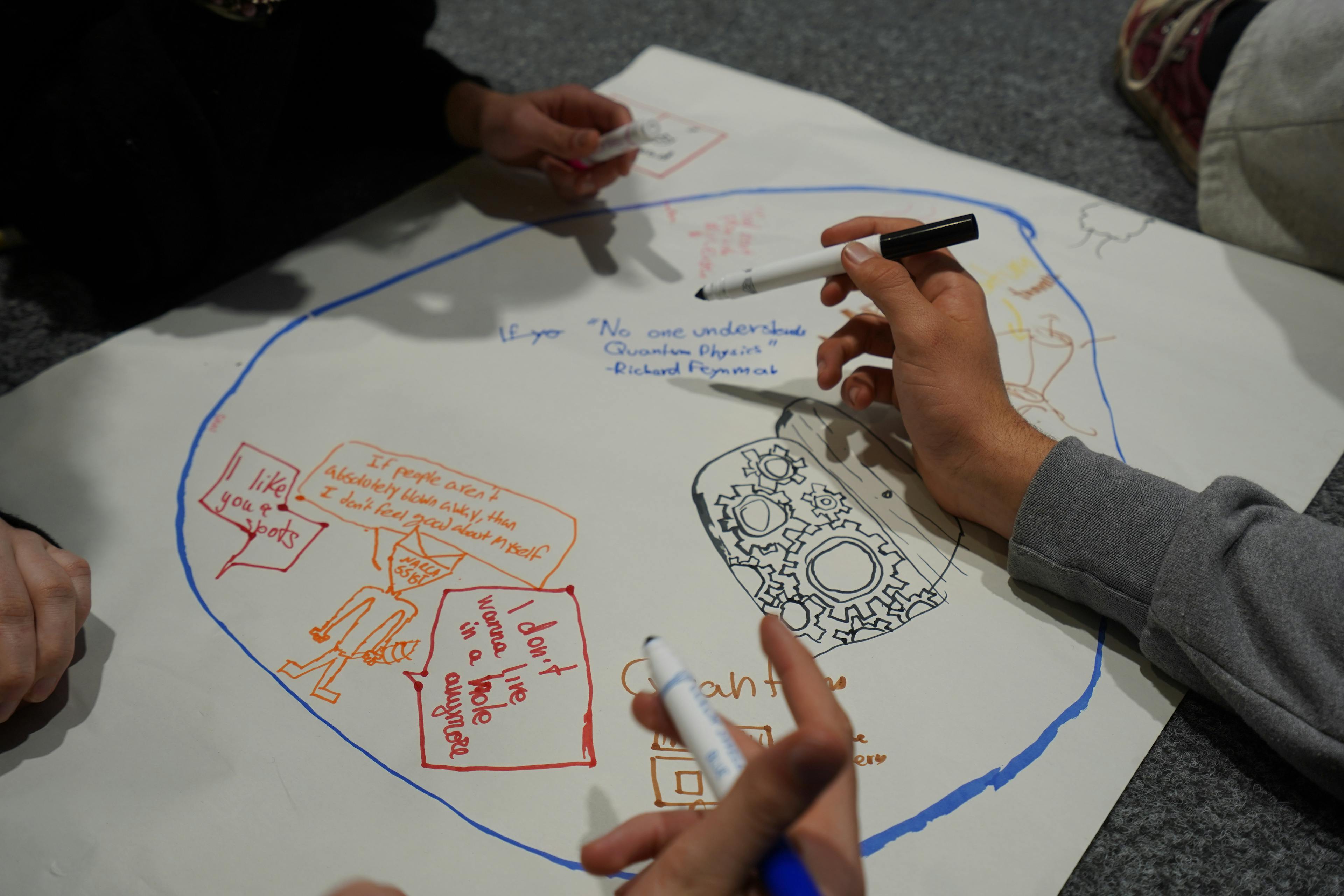

Project Week
A week-long project-based experience, that is the culmination of the co-curricular calendar which mobilises the whole community.
This week is an opportunity to immerse in a project focusing on teamwork, UWC values and personal growth through meaningful experiences. Importantly, Project Week is an opportunity for students to demonstrate initiative and exercise leadership - and each year we support an exciting mix of staff-led and student-initiated (but staff-supported) Project Weeks.
Participation in Project Week is a required component of our co-curricular programme; student's attendance, commitment and enthusiasm enable this to be a memorable week with personal growth, skill development and relationship building, leading to lifelong memories.


GoMakeADifference
